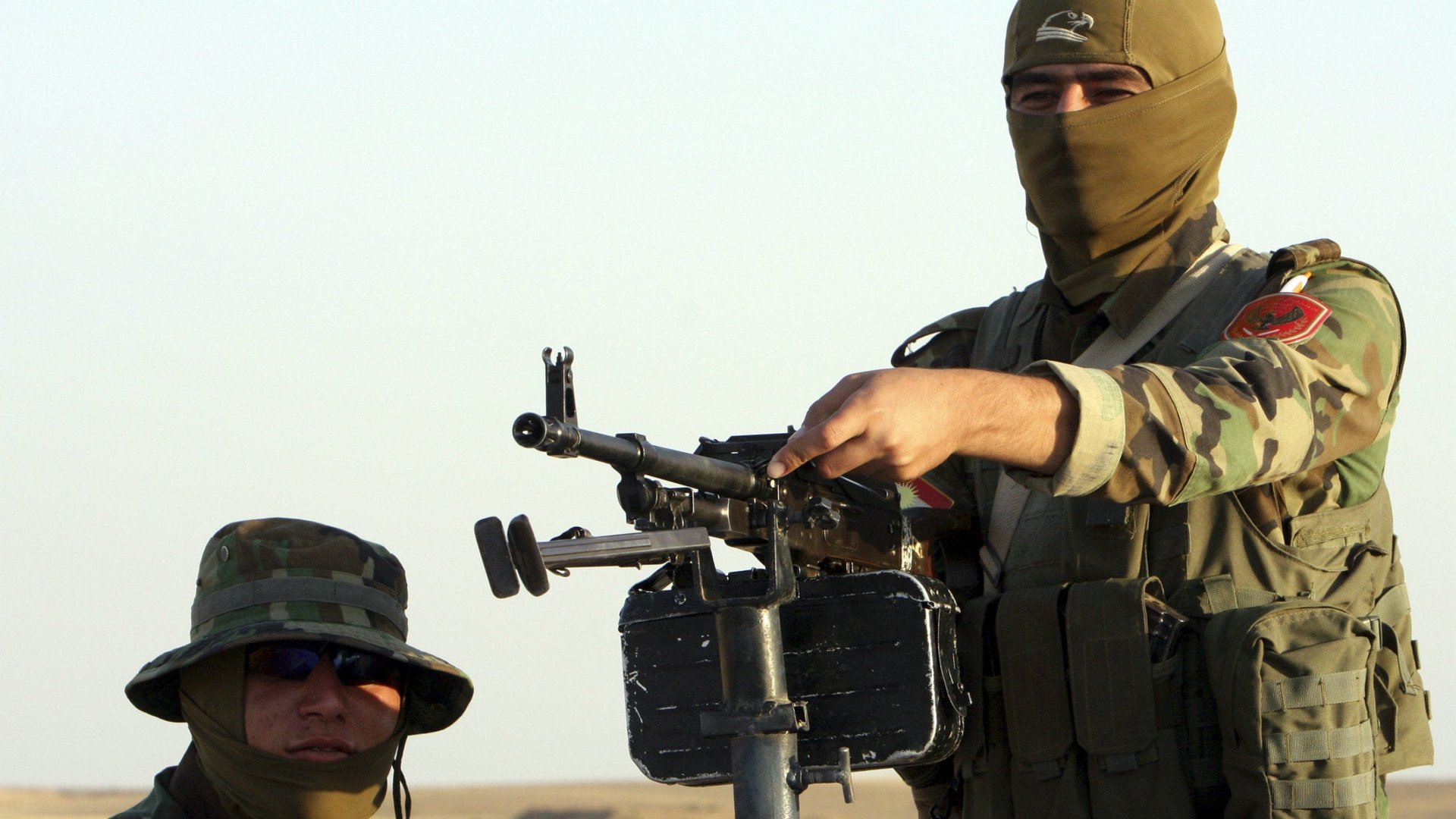How the UN sanctions against ISIL could have been tougher
Leading nations today took financial aim at ISIL, ordering a halt to funding and arming of the brutal Islamist terrorist group, and singling out six leaders for special sanctions.


Leading nations today took financial aim at ISIL, ordering a halt to funding and arming of the brutal Islamist terrorist group, and singling out six leaders for special sanctions.
The resolution (pdf) is the first time an international organization has identified senior leaders of the group aside from Abu Bakr Al-Baghdadi, ISIL’s self-proclaimed “caliph.” Adopted unanimously by the 15-member Security Council, the resolution forbids any country from financially assisting ISIL, any of its facilitators, or any entity beneficially linked to it.
But the resolution is vague in its attempt to constrain one known ISIL source of income: oil smuggling, which is said to reap about $1 million a day in income. (It’s worth remembering here that international sanctions against Iran have been effective in limiting its ability to sell oil.)
Unlike Iran, ISIL is not a state. Yet, the resolution is worded as a first diplomatic reproach of a state, and not as a severe threat to a terrorist organization. The UN Security Council “expresses its concern” about the group’s gold smuggling and “notes with concern” its oil smuggling,. There is no language demanding a halt to the smuggling, much less spelling out how it would be. The Council “expresses its readiness” to sanction others associated with ISIL if necessary, as though ISIL members are quaking over possible visa restrictions or a freeze on their real estate holdings.
Some traditional UN sanctions, such as restrictions on money flows, are useless against ISIL since the group appears not to use banks, at least not yet. Nor can its other money-making activities—extortion, kidnapping for ransom and the looting of banks in cities it captures—be restrained by sanctions.
But tougher sanctions could strangle ISIL’s access to oil sales. The group controls major oil fields in Syria and Iraq and sells the crude to smugglers and middlemen who take it the rest of the way to market. That kind of smuggling can be hobbled or stopped, as we’ve seen with Kurdistan’s all-but failed attempts to sell its own oil into the marketplace. In addition, some of the crude is sold to corrupt Iraqis, who could be targeted by sanctions.